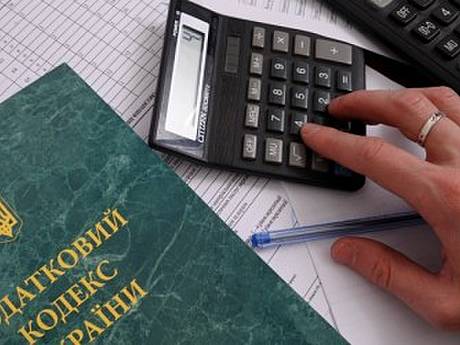
The Verkhovna Rada, the Cabinet of Ministers and the National Bank of Ukraine need to take very dynamic, systemic actions in constant partnership with the business community to effectively contribute to overcoming the economic crisis in the social and economic sector, and make preparations for the implementation of the medium-term strategy for economic development. The situation in the country is so risky that any changes in the business and tax climate should be well-considered, but remain conductive to producers' doing business and minimizing any negative consequences.
This was announced by head of the Anti-Crisis Council of NGOs and President of the Ukrainian League of Industrialists and Entrepreneurs Anatoliy Kinakh at a roundtable meeting entitled "The System of Electronic VAT Administration at Full Capacity: The First Conclusions."
"The economic stagnation in the country has been aggravating. In the first half of the year, GDP declined by 16.3%, industrial production fell by 20.5%, total exports decreased by 35.9%. Exports to the European Union alone plunged by 36.3%. The average wage in Ukraine is EUR 136, which is less than in Moldova, Belarus and Russia. In such a situation it is unacceptable to admit systemic depletion of businesses' working capital, which is the most serious drawback in the electronic VAT administration system, launched in July," Anatoliy Kinakh said.
In turn, head of the State Fiscal Service of Ukraine Roman Nasirov said that the electronic VAT administration is an effective way to combat abuses, such as the so-called "tax pits," excisable goods frauds, smuggling, and tax evasion.
"Those who work honestly should not pay for those who work in the shadows. As for the drawbacks of e-administration, we believe that certain errors have already been fixed by legislative amendments and will be corrected in future," Nasirov said.
Industrialists and tax experts called for a further substantive dialogue and communication while establishing effective feedback. ULIE President Anatoliy Kinakh expressed concern that the reform of the tax system is proceeding without transparency. Nowadays, the ministries are preparing amendments to the Tax Code prior to the new fiscal year without active involvement of public business associations.
"The State Fiscal Service of Ukraine is preparing its proposals for the Finance Ministry, so that they could be incorporated in the Tax Code in September with the assistance of the parliament. The fact is that the country's main fiscal document has many things that need to be improved, namely excise tax, royalties, corporate profit tax and so on. We need a stable tax environment that makes it possible to effectively administer taxes and eliminate double interpretation, and consequently any tax abuse. Of course, while working to improve the system, we look forward to a concrete dialogue with taxpayers, industrialists and entrepreneurs," Nasirov said.
He reassured the business community that within 10 days the experts of the service would analyze the results of a survey conducted among entrepreneurs to detect problems affecting electronic VAT administration and the business community's proposals as to an improvement in the system.
Industrialists and taxation experts called for a permanent continuation of their informative dialogue and communication.